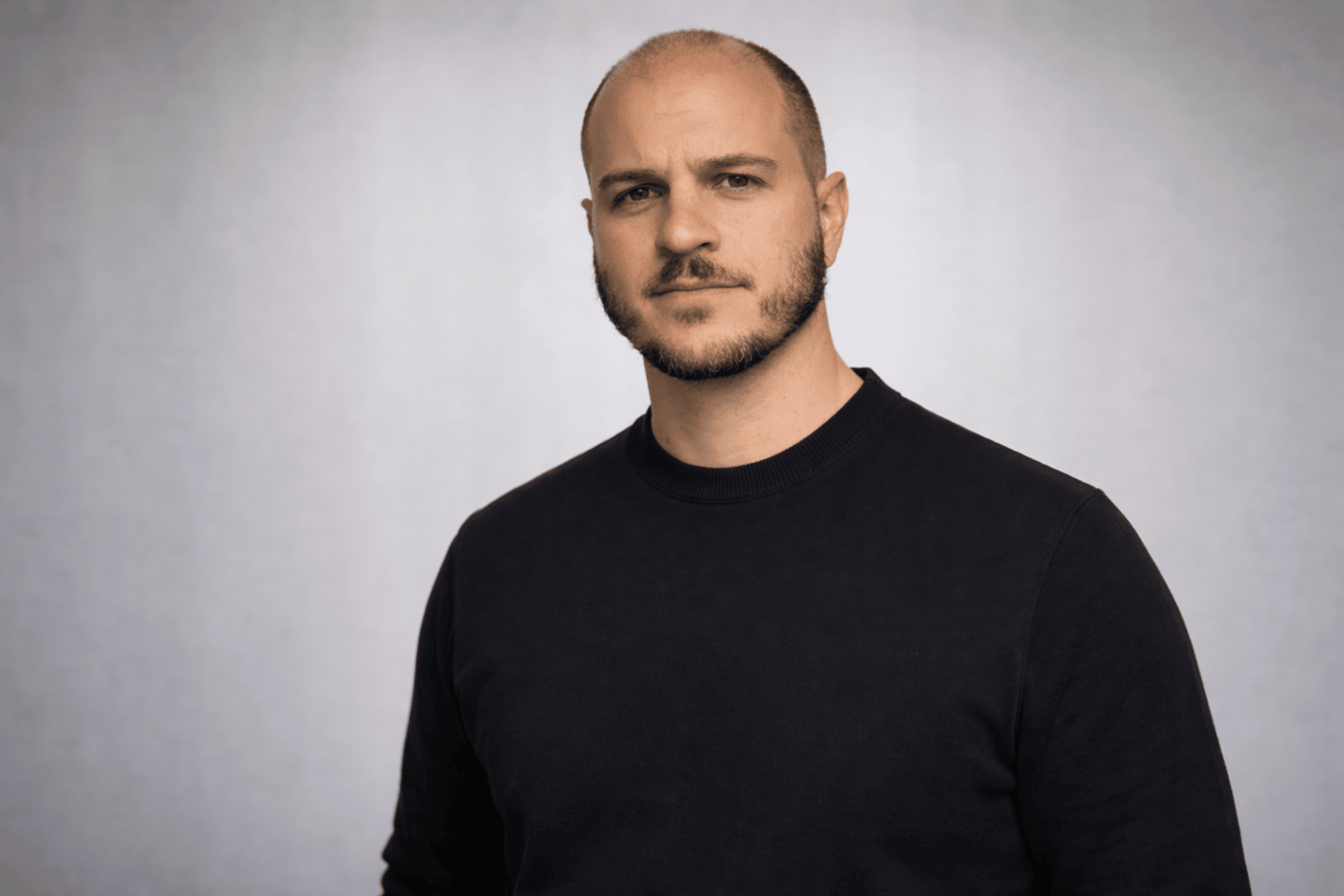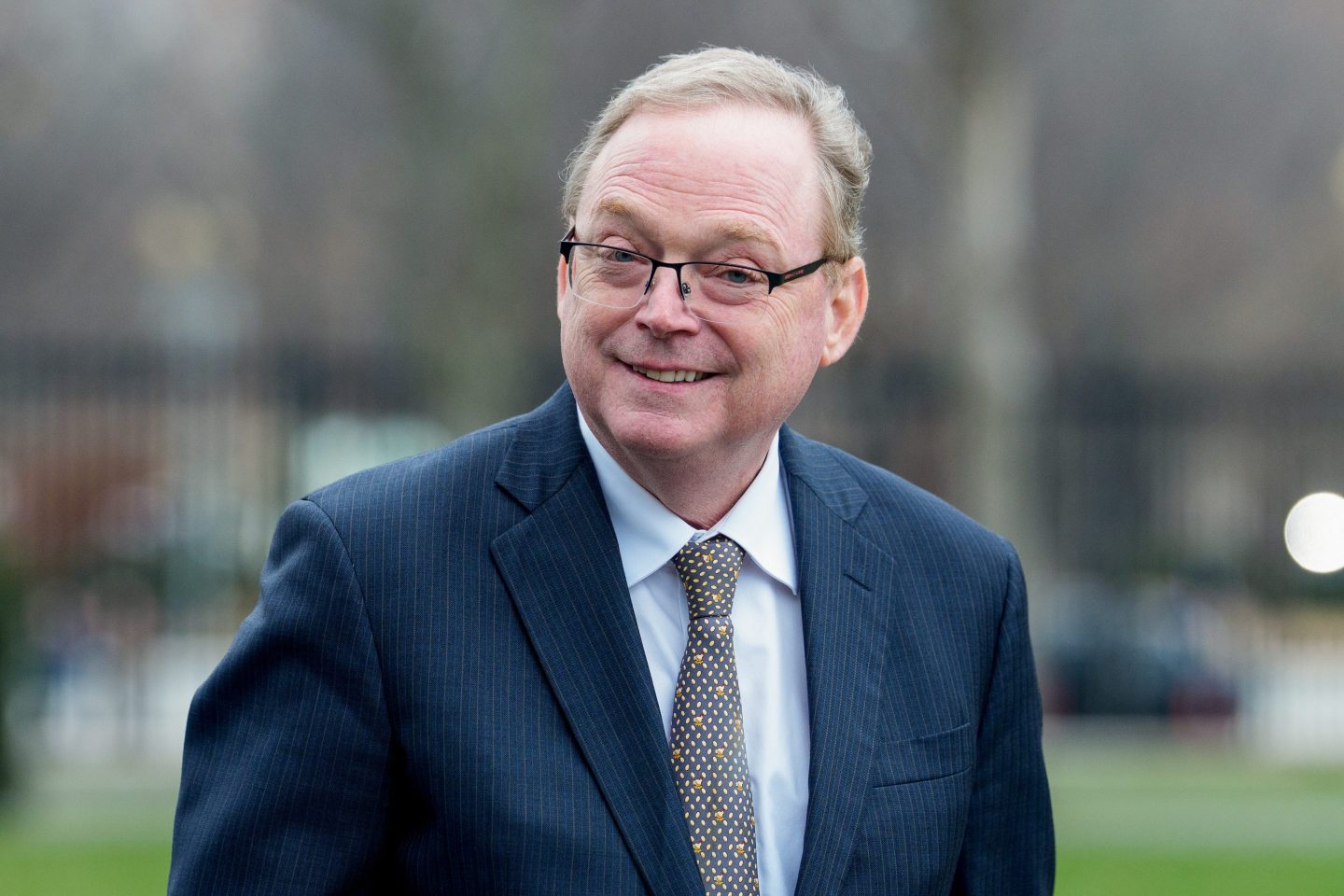The Victoria’s Secret Fashion Show started with a baby bump.
Model Jasmine Tookes, nine months pregnant, walked onto the stage in full VS angel wings. She looked undeniably glamorous, radiant in gold. It seemed to be a statement from Victoria’s Secret under its new CEO Hillary Super: sexy is back—but sexy is different this time.
The entire show, a full-scale extravaganza that aired live from Brooklyn last night, set the tone for Super’s strategy to revive the brand. Victoria’s Secret used to promote a top-down vision of sexy decided by men in charge, with the male gaze in mind. After that blew up, there was a short-lived attempt at what could be called a “woke” era. It included a collective of women known for their achievements, including soccer star Megan Rapinoe and Olympic skier Eileen Gu. But most of them didn’t have much to do with lingerie.
The strategy Super put on display last night met somewhere in the middle. Rather than shove Victoria’s Secret’s sexy past into a corner, the show embraced it. Longtime VS ‘Angels’ from Bella and Gigi Hadid to Lily Aldridge and Alessandra Ambrosio catwalked down the runway, looking much as they might have 15 years earlier. The difference was they weren’t the only women there. There were some plus-size models, too, like Ashley Graham and Paloma Elsesser. (Plus-size representation on the runway has steadily declined over the past years as thinness reigns supreme again; Vogue Business keeps a size-inclusivity tracker.) Some of the models are in their 40s now and probably wouldn’t have been on a Victoria’s Secret runway in the brand’s previous era. While the white, blonde beauty standard was certainly present, it wasn’t the only type of beauty we saw.

There were some non-models, too; notably Angel Reese, the WNBA star, and Olympian Suni Lee. Karol G performed, and walked the runway with the title of her hit song “Latina Foreva” broadcast on the screen behind her. This time, the women from other fields seemed to enjoy sexiness, modeling, and lingerie.
To me, the show seemed inspired by the Skims casting playbook. In recent years, Kim Kardashian’s brand, which has captured market share from a struggling Victoria’s Secret, has had its pulse on culture, with campaigns featuring everyone from the Italian stars of The White Lotus to the Mahomes family and promoting apparel ranging from lingerie to loungewear. But although Skims has experimented with the runway, it hasn’t come close to a fashion show that captures the Victoria’s Secret heyday. And Victoria’s Secret now seems ready to reclaim some of the ground it ceded.
Inside the venue, the crowd was eating it up. Sarah Jessica Parker and Amy Sedaris were sitting front row, with Parker whipping out her phone to film Reese. Plenty of Wall Street analysts were there too, scoping out whether this strategy will work.
Super told the Wall Street Journal before the show that her predecessors’ decisions to tone down sexy were “made out of fear.” Her immediate predecessor was CEO Martin Waters. While consumers probably won’t know who’s running Victoria’s Secret, a $6.2 billion business, they might be able to tell that a woman is in charge. And that could be exactly what the brand needs. Female shoppers don’t seem to want sexiness dictated by male executives, nor do they want male execs scared to embrace it; they can define ‘sexy’ themselves—with fewer rules about what it means.
Emma Hinchliffe
emma.hinchliffe@fortune.com
The Most Powerful Women Daily newsletter is Fortune’s daily briefing for and about the women leading the business world. Subscribe here.
MORE FROM THE MPW SUMMIT
DBS CEO Tan Su Shan has one lesson for global businesses getting through Trump's tariffs. "Diversify," she advises. The CEO of Southeast Asia's largest bank says not to trade with the U.S. only. Tan is No. 1 on Fortune's Most Powerful Women Asia list and joined us at the MPW Summit this week. Fortune
Selena Gomez is the real deal. Rare Beauty has become a $2 billion business, and Gomez dove into that success and the challenges she's faced along the way—from a diagnosis of bipolar disorder to learning to believe in herself—onstage at the MPW Summit with my colleague Ellie Austin. She said some of her best business advice came from Taylor Swift: "If you're the smartest person in the room, you're in the wrong room." Fortune
The Pentagon is trying to become more like Silicon Valley. Defense tech execs from IBM and Palantir explained the effort to rewire the Pentagon. Fortune
Abercrombie & Fitch Co. is no longer chasing 'cool.' Onstage at the MPW Summit, I asked CEO Fran Horowitz, knowing for turning around Abercrombie, whether a brand could ever define "cool" again. (Echoes of Victoria's Secret here...) Horowitz says for Abercrombie, cool is no longer the answer—instead it aims to be a lifestyle brand. Fortune
AI is coming for fashion. Meredith Koop, known for styling Michelle Obama, is an investor and adviser to the styling app Alta, founded by Jenny Wang. "It was a no brainer" to invest in the app that aims to build a Clueless-style closet (alongside investor LVMH), Koop told me onstage. Fortune
ON MY RADAR
Sandra Oh's career takes a musical turn New York Times
How motherhood—and milk production—inspired Cardi B's next act with Bobbie Vogue
Susan Orlean knows she's had a charmed career Vulture
PARTING WORDS
"The spirit of D.C. is alive and well."
— Washington, D.C. Mayor Muriel Bowser, arguing at the MPW Summit that the spirit of her city is high, despite the challenges of living with the federal government's overreach she's also called out.












